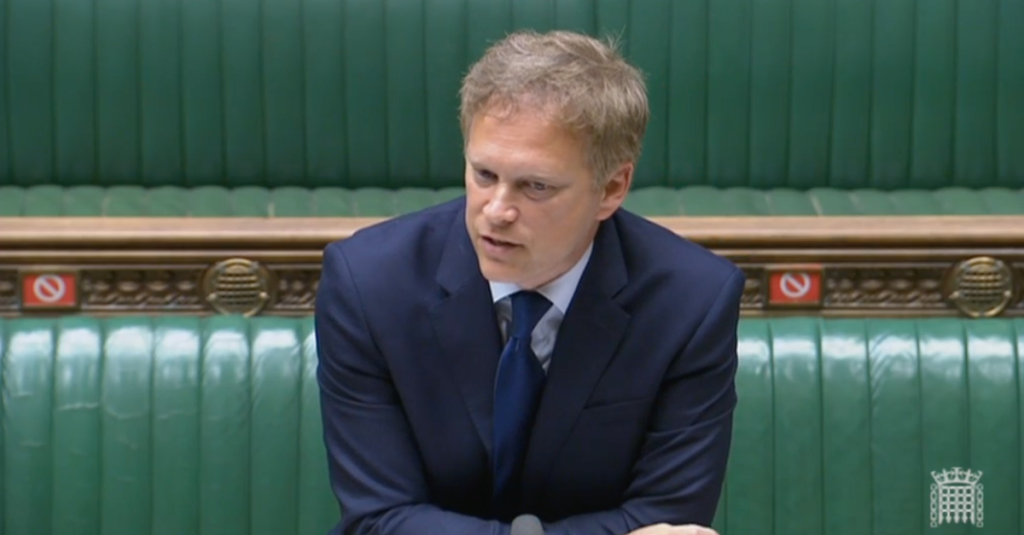A significant political shift occurred in the recent UK general election, reflecting a substantial Labour victory.
- Former transport secretary Grant Shapps lost his Welwyn Hatfield seat to Labour, underscoring a wider trend.
- The Conservative party saw several of its senior members, including Mark Harper, lose their parliamentary seats.
- In his concession speech, Shapps highlighted internal divisions within the Conservative party as a key issue.
- The Labour party’s success marks a new political landscape, prompting industry leaders to prepare for dialogue with new government leaders.
The recent UK general election saw a substantial political shift as Labour secured a decisive victory. This outcome resulted in prominent Conservative figures losing their seats, highlighting a significant change in the political landscape.
Grant Shapps, former transport secretary and a senior member of former Prime Minister Rishi Sunak’s cabinet, was unseated in the Welwyn Hatfield constituency by a Labour candidate. This outcome exemplified the trend of Labour gains across several key areas.
Similarly, Conservative transport secretary Mark Harper lost his Forest of Dean seat, contributing to the Labour landslide. This pattern of significant losses extended to other senior Tories such as Penny Mordaunt, Liz Truss, and Jacob Rees-Mogg, who were also unseated.
In his concession speech, Shapps acknowledged that it was not merely Labour’s victory but the Conservatives’ own divisions that led to their defeat. He stated, “what is crystal clear to me is not so much that Labour won this election, but rather the Conservatives have lost it”, emphasizing the impact of internal party conflicts.
With Labour officially winning the election after securing over 326 seats, industry leaders and public affairs specialists are gearing up to engage with the new government. This change presents an opportunity for dialogue on various pressing issues, heralding a new chapter in UK politics.
Labour’s sweeping victory in the general election sets the stage for a significant political and industrial shift in the United Kingdom.

